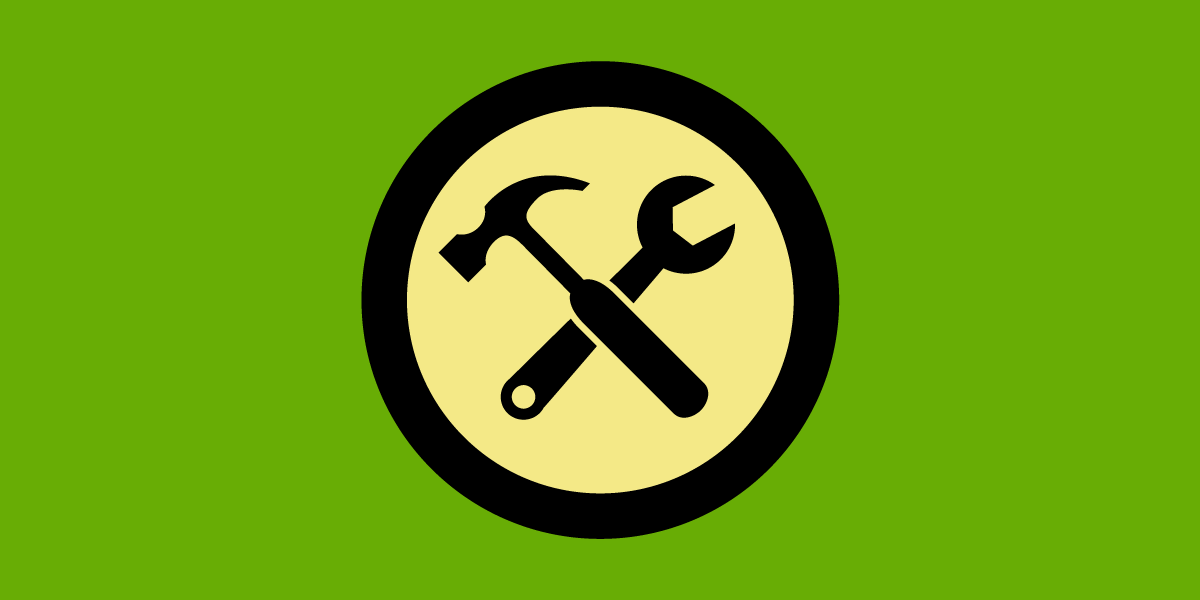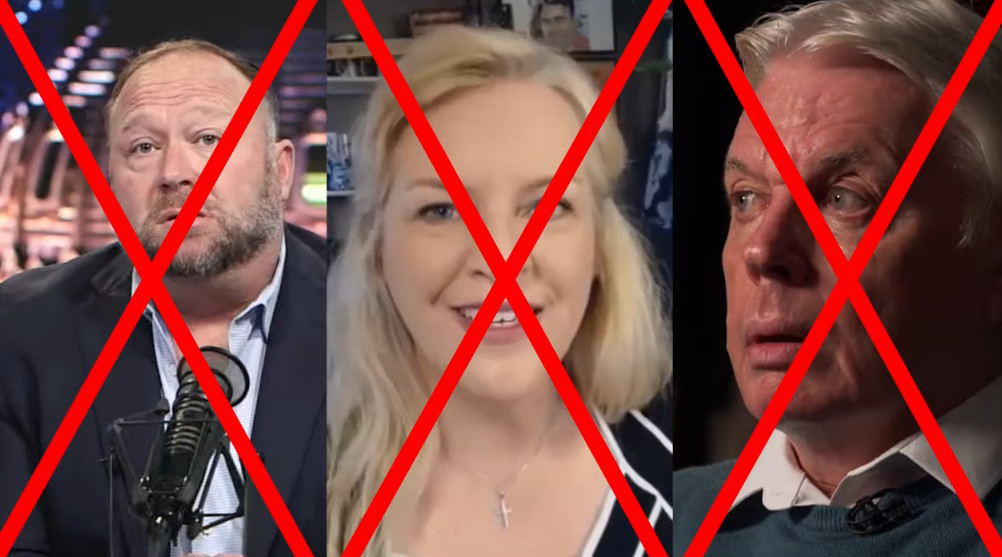
At long last, @EFF has a podcast! "How to Fix the Internet" has been in the works for a long time, and now it's finally a reality, with two spectacular episodes dropping more-or-less simultaneously this week.
eff.org/how-to-fix-the…
1/
eff.org/how-to-fix-the…
1/

The format's simple: EFF executive director Cindy Cohn and EFF director of strategy @mala sit down each week for an in-depth interview with an expert on a subject of great importance to technology users (e.g. everyone).
2/
2/
They dive SUPER deep into the nerdy minutiae, but hold your hand while they do so that you can appreciate the nuance and technicalities.
3/
3/
The experts they bring on are literally my top choices for who I'd go to for explanations of these issues - and they're often the people I learned about the issues from myself.
But there are lots of explainer shows, and this goes beyond explanations.
4/
But there are lots of explainer shows, and this goes beyond explanations.
4/
EFF is an activist org, after all. They're not just about naming our problems - they're about solving them.
So each of these episodes isn't just about an issue - it's about a framework for resolving it.
5/
So each of these episodes isn't just about an issue - it's about a framework for resolving it.
5/
Concrete, actionable things that legislatures, regulators, businesses (and you!) can do to make the internet safe for human thriving. It's a refreshing tonic - the opposite of a counsel of despair.
6/
6/
The debut is "The Secret Court Approving Secret Surveillance," an interview with @normative about the Foreign Intelligence Surveillance Court, a star chamber where judges secretly issue far-ranging wiretap orders that affect ALL US communications.
eff.org/deeplinks/2020…
7/
eff.org/deeplinks/2020…
7/
Ep 2 is "Why Does My Internet Suck?" with @gigibsohn. It lays out the clusterfuck of state laws, regulatory malfeasance and Congressional inaction that made America a broadband also-ran, where access is expensive and slow, and half country's offline.
eff.org/deeplinks/2020…
8/
eff.org/deeplinks/2020…
8/
For years, I've been getting pretty deep into the weeds on these subjects, but neither are my speciality; listening to Gigi and Julian explain them was revelatory, and significantly improved my understanding of them.
9/
9/
EFF's gone all-out with these podcasts. Each episode page has a full transcript, extensive notes, and links for deeper dives into each facet of their issues. It's a serialized masterclass in the most important and worst understood technical issues in the world.
10/
10/
• • •
Missing some Tweet in this thread? You can try to
force a refresh











